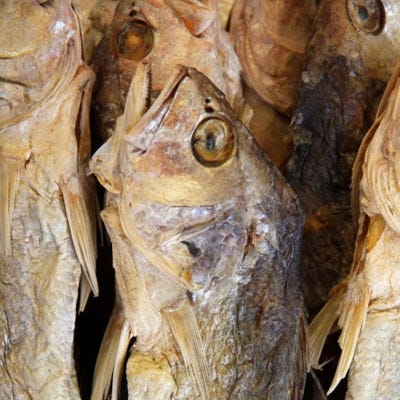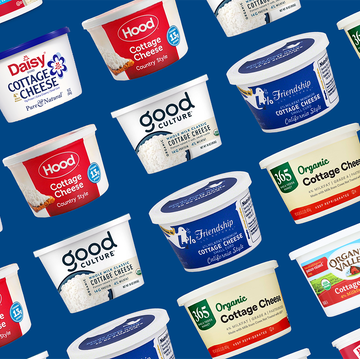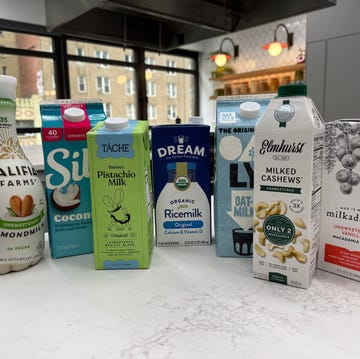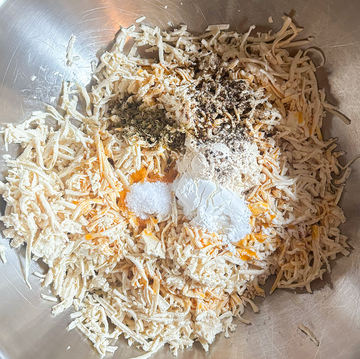Eating for Two: Pregnancy Traditions and Superstitions Around the World
Here we take a look at what pregnant women around the globe are enjoying — and avoiding — during those precious nine months.

Around the world, women of every cultural background try to choose the best foods to suit their pregnancy needs. In the past and today, some women are swayed by particular beliefs about pregnancy diet that are popular in their regions. Here we take a look at what some pregnant women around the globe are enjoying — and avoiding — during those precious nine months.
Note: This piece is purely informational and should not be read as guide for your pregnancy diet. If you have questions about nutrition during pregnancy, consult your doctor.


45 Best Packable Beach Food Recipes

8 Things You Should NEVER Keep On Your Kitchen Counter

I Tried Ninja's Outdoor Pizza Oven

I Blind-Tasted 7 Cottage Cheese Brands & The Winner Is Better Than Good Culture















